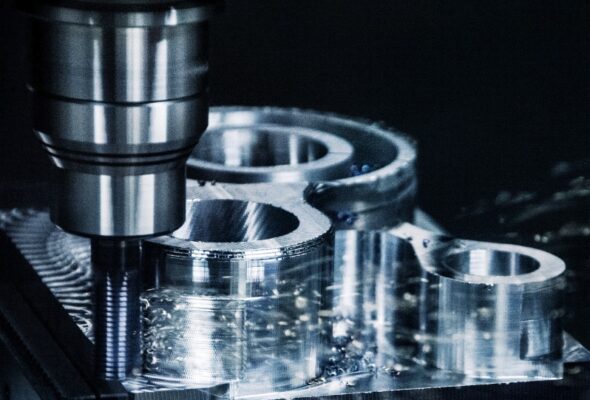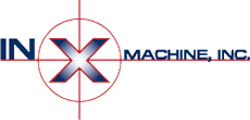 In the world of manufacturing, CNC (Computer Numerical Control) precision machining has revolutionized the way we create products. CNC machines, with their ability to accurately create complex parts in a short time, have become an indispensable asset in industries ranging from automotive and aerospace to healthcare and construction. However, understanding the cost factors associated with CNC precision machining can be a bit of a puzzle. This blog post will provide insights into these costs, helping you optimize your investment in CNC machining services.
In the world of manufacturing, CNC (Computer Numerical Control) precision machining has revolutionized the way we create products. CNC machines, with their ability to accurately create complex parts in a short time, have become an indispensable asset in industries ranging from automotive and aerospace to healthcare and construction. However, understanding the cost factors associated with CNC precision machining can be a bit of a puzzle. This blog post will provide insights into these costs, helping you optimize your investment in CNC machining services.
CNC Precision Machining: An Overview
CNC precision machining refers to the process where computers control machine tools to produce components with high precision and consistency. By inputting designs using CAD (Computer-Aided Design) or CAM (Computer-Aided Manufacturing) programs, these machines can manufacture parts that precisely match the original specifications, minimizing errors and enhancing productivity.
Material Costs
The material you choose significantly impacts the overall cost of CNC precision machining. Costs can vary dramatically based on the type, grade, and quantity of the material used. For instance, machining a part out of stainless steel is typically more expensive than using aluminum due to the higher cost of stainless steel and its increased machining difficulty.
Design Complexity
Design complexity plays a pivotal role in determining the cost of CNC machining. More complex parts require more machine time and often need more sophisticated tooling or multi-axis CNC machines, all of which can increase the cost. Conversely, simpler designs with fewer intricate features can reduce machining time and consequently lower costs.
Machining Time
The time it takes to machine a part directly affects the overall cost. Several factors can extend machining time, including the complexity of the part, the type of machining operations required, and the number of parts needed. Generally, the longer the machine runs, the higher the cost.
Tooling Costs
The cost of the cutting tools used in the CNC process is another factor to consider. Some machining operations may require specialized tooling, which can add to the overall cost. Additionally, the more complex the part, the faster tooling wears out, leading to increased tool replacement costs.
Post-Processing Costs
Post-processing procedures such as heat treatment, plating, or anodizing enhance the durability, functionality, or aesthetics of the machined part. While these processes can add significant value to the finished product, they also contribute to the overall cost of CNC precision machining.
Labor and Overhead Costs
CNC machining may be an automated process, but skilled labor is still essential to oversee operations, maintain machinery, perform quality checks, and carry out post-processing tasks. These labor costs, coupled with overhead costs like electricity, machine maintenance, and shop rent, factor into the final CNC machining cost.
Quality Assurance
Ensuring the precision and quality of machined parts is crucial in CNC precision machining. Regular inspections and rigorous quality checks are performed throughout the machining process. While this commitment to quality is one of the greatest strengths of CNC machining, it does add to the overall cost.
Conclusion: Optimizing Your CNC Precision Machining Investment
Understanding the cost factors in CNC precision machining can empower you to make more informed decisions, manage your budget effectively, and optimize your return on investment. By working closely with a reputable CNC machine shop, you can explore ways to streamline your project, whether by simplifying design elements, choosing cost-effective materials, or planning efficient production runs.
 IN-X Machine, Inc.
IN-X Machine, Inc.